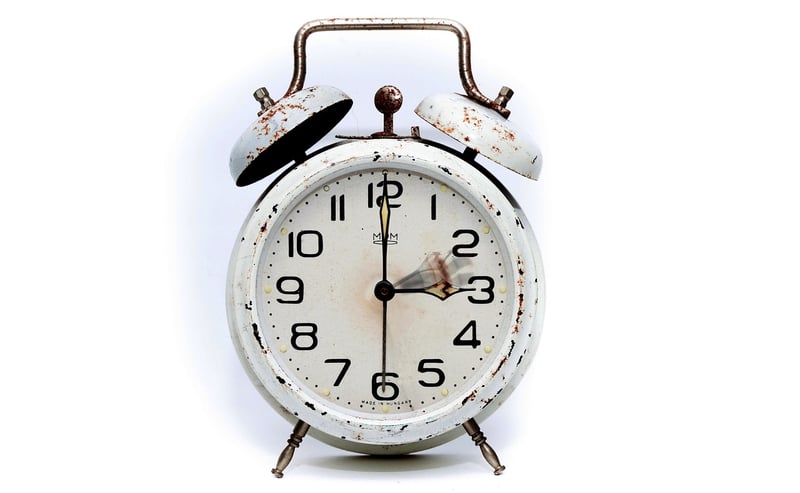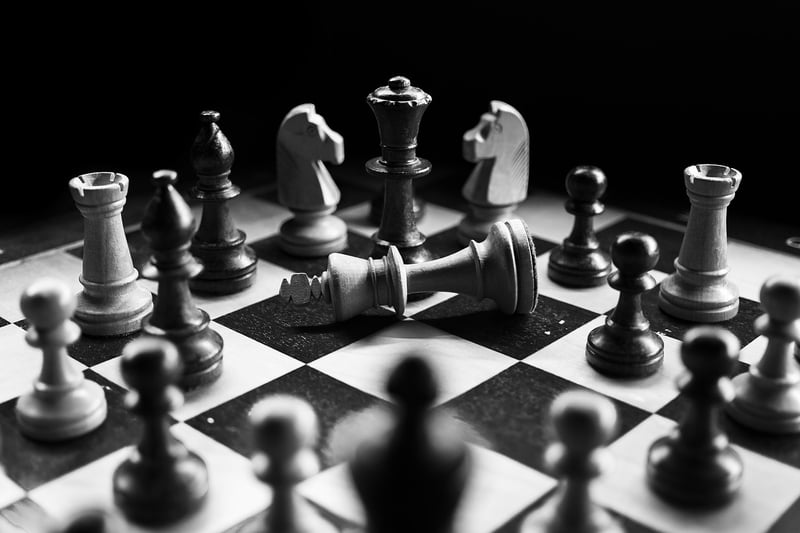Altering History Dilemma
Exploring Considerations for Altering the Past
Time travel has long been a captivating concept in science fiction, allowing us to envision altering historical events for better or worse. While the idea of changing the past may seem thrilling, it brings with it a myriad of complex considerations and ethical dilemmas that must be carefully analyzed.
The Altering History Dilemma
When contemplating altering history, one must grapple with the profound implications of such actions. Here are some key considerations:
1. Butterfly Effect
The butterfly effect theory suggests that even small changes in the past can lead to significant alterations in the present and future. A seemingly minor tweak to history could have unforeseen and drastic consequences.
2. Moral and Ethical Ramifications
Changing historical events raises ethical questions about the rights and autonomy of individuals who were part of those events. Is it justifiable to manipulate the past, potentially infringing on the experiences and choices of others?
3. Preservation of Cultural Heritage
History is not just a sequence of events but a rich tapestry of culture, art, and traditions. Altering the past could jeopardize the preservation of valuable heritage and disrupt the continuity of human civilization.
4. Temporal Paradoxes
The concept of altering the past introduces the possibility of paradoxes, where changing an event could create inconsistencies or contradictions in the timeline. Resolving such paradoxes can be intellectually challenging.
Conclusion
While the idea of altering the past may be enticing, it is crucial to acknowledge the intricate web of considerations and dilemmas that come with such a profound undertaking. As we navigate the complexities of time travel in our imagination, we must also reflect on the significance of preserving history and learning from its lessons.

Explore the fascinating world of time travel but remember to tread carefully when contemplating altering the past.
Learn more about time travel